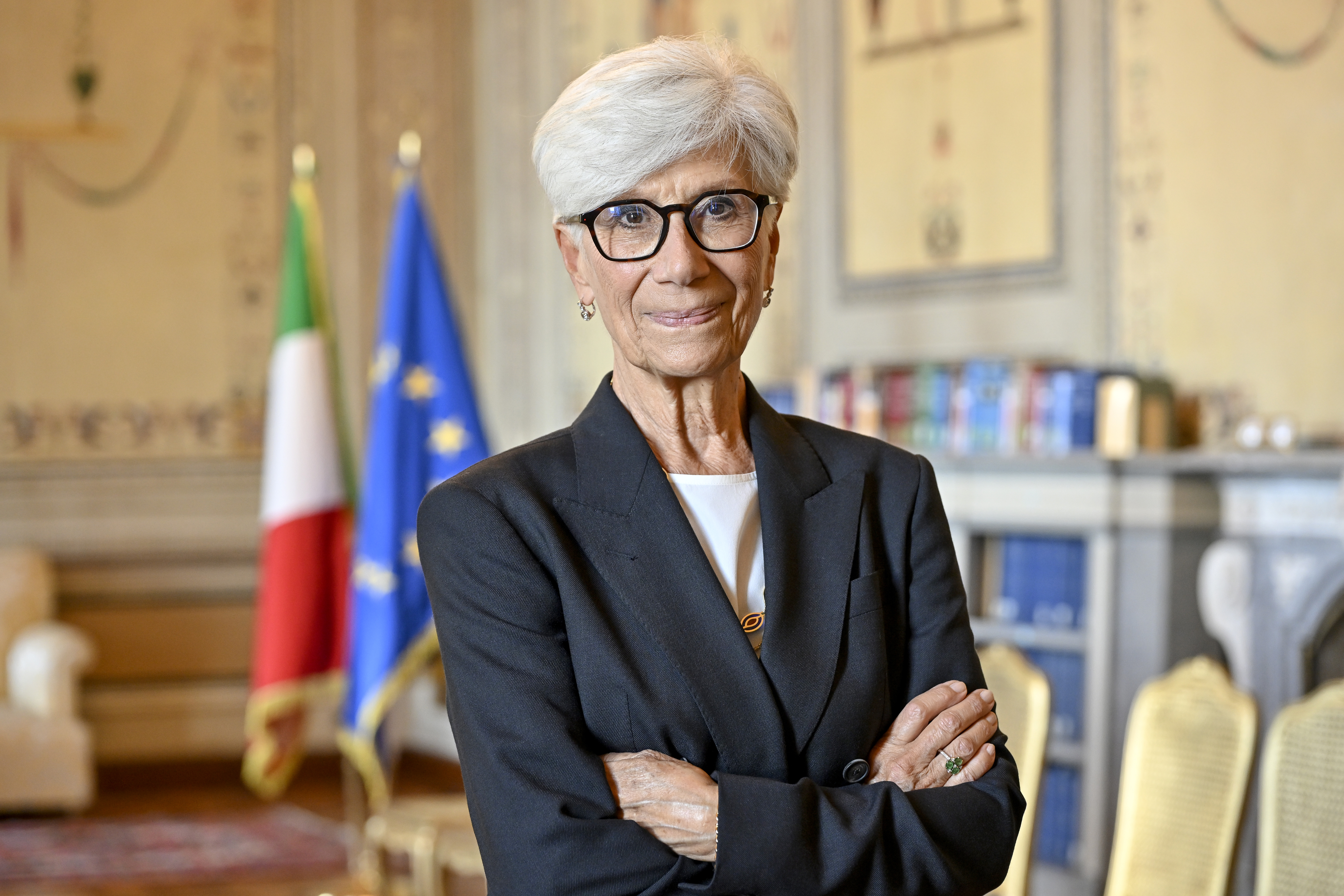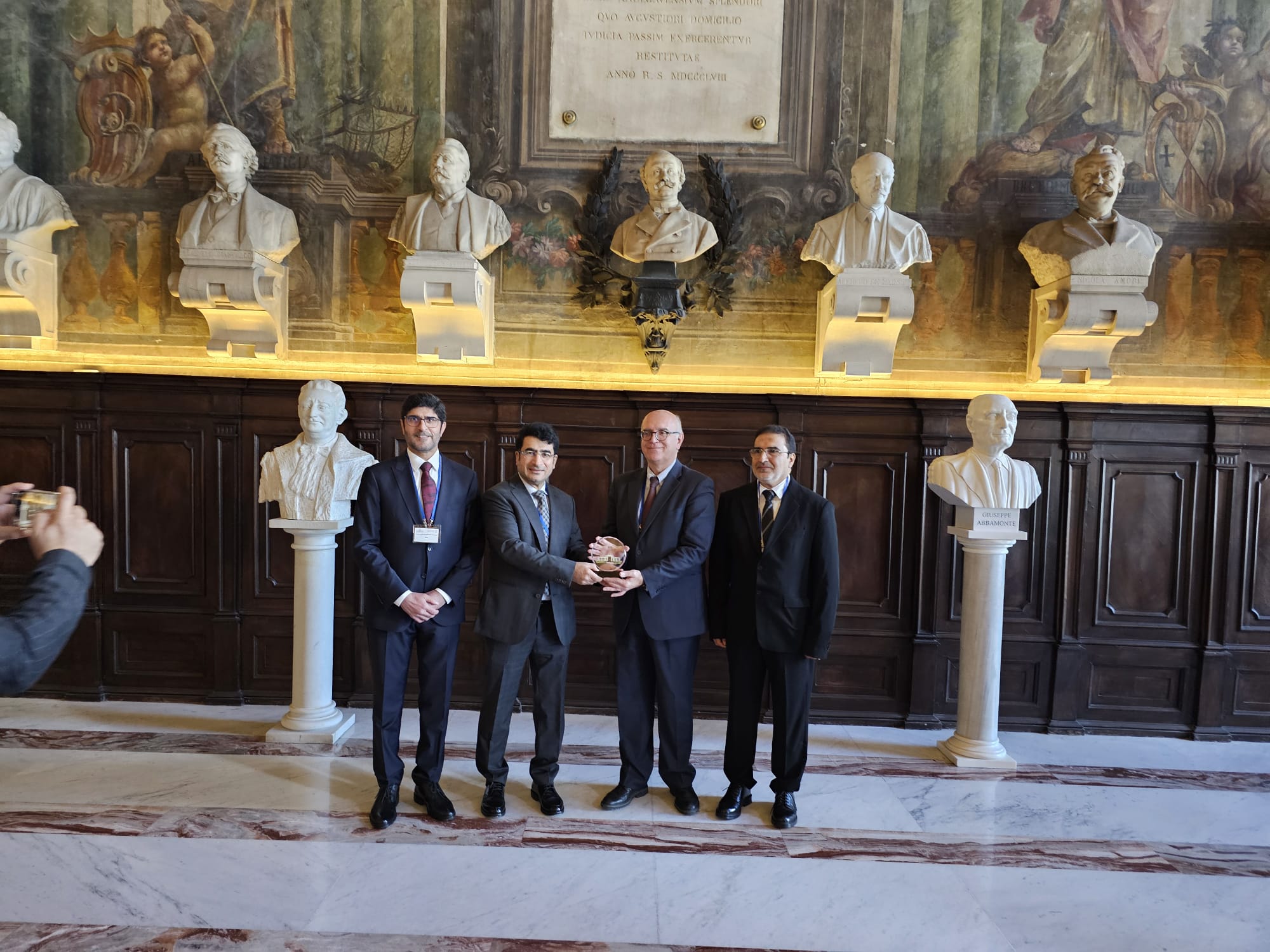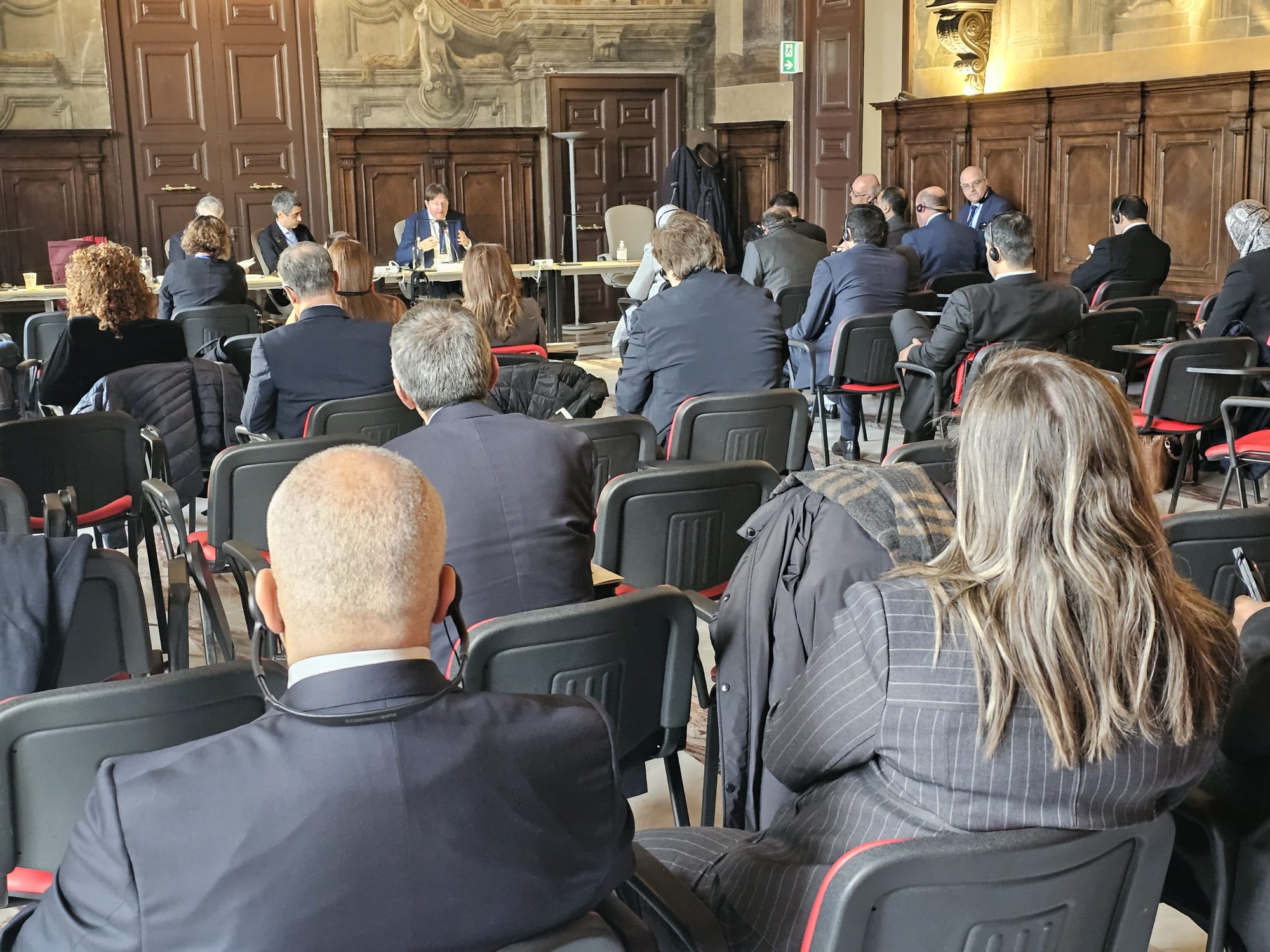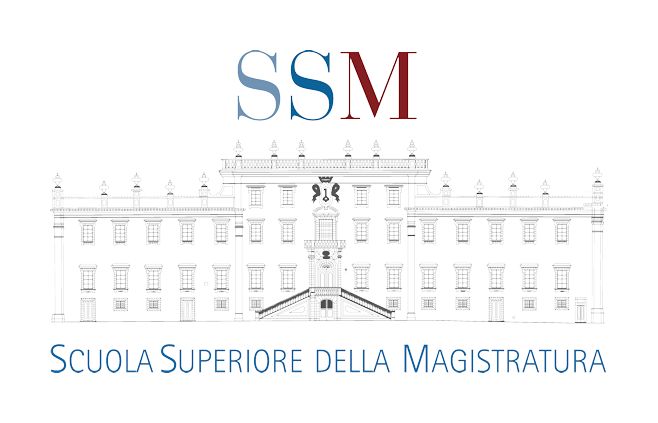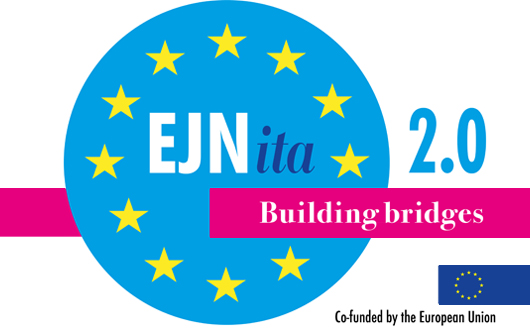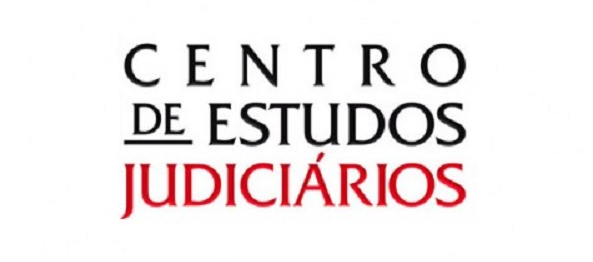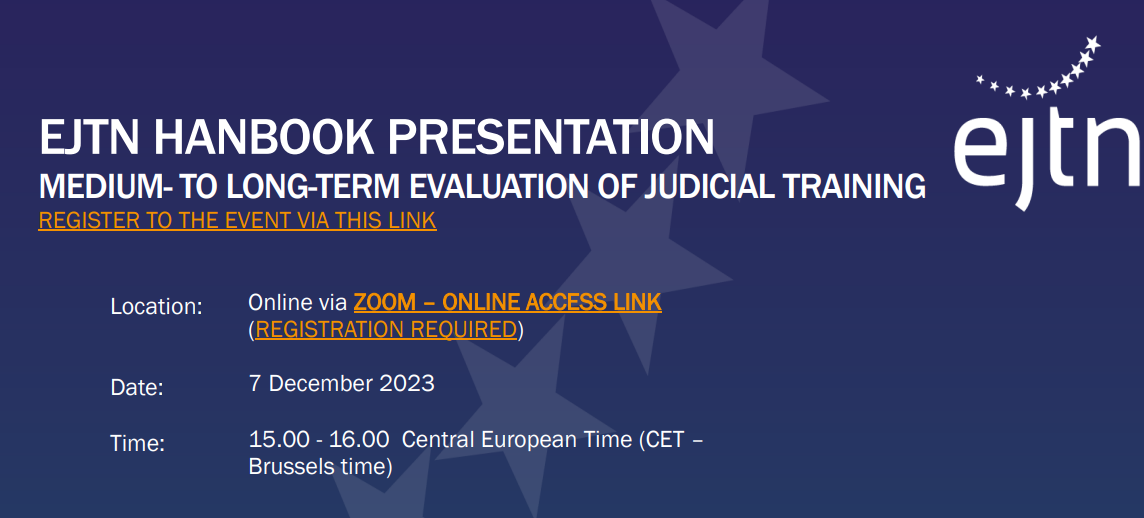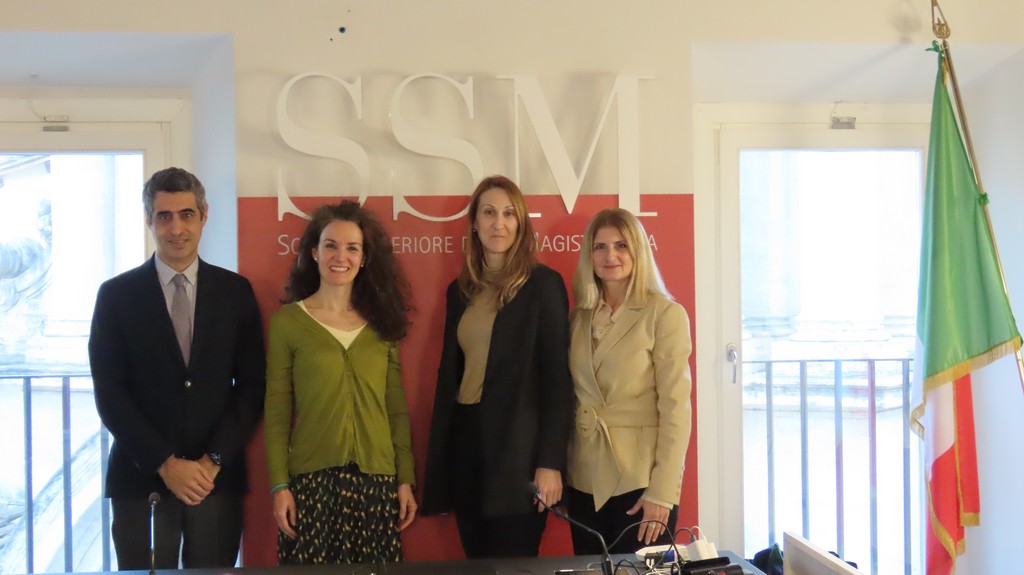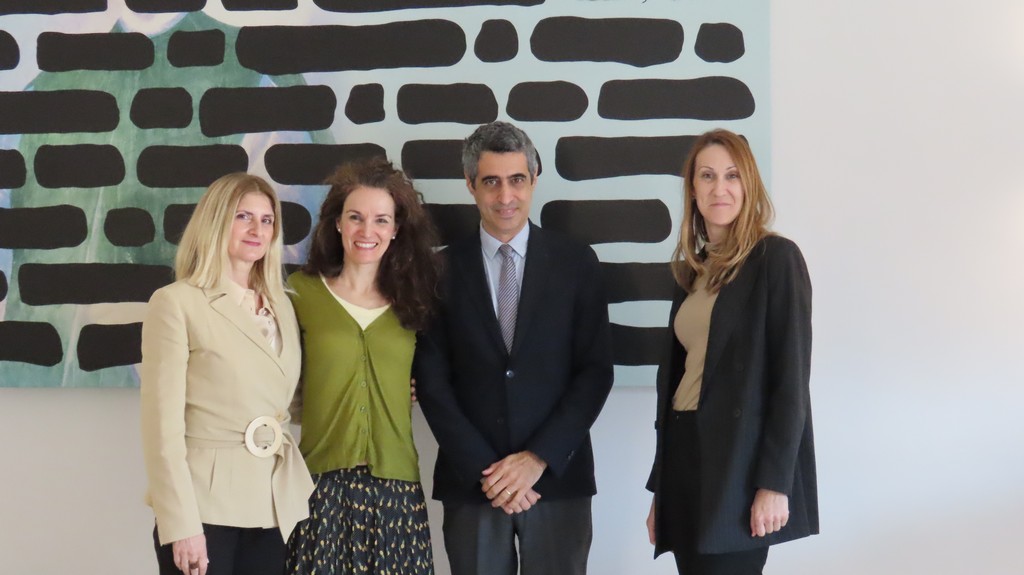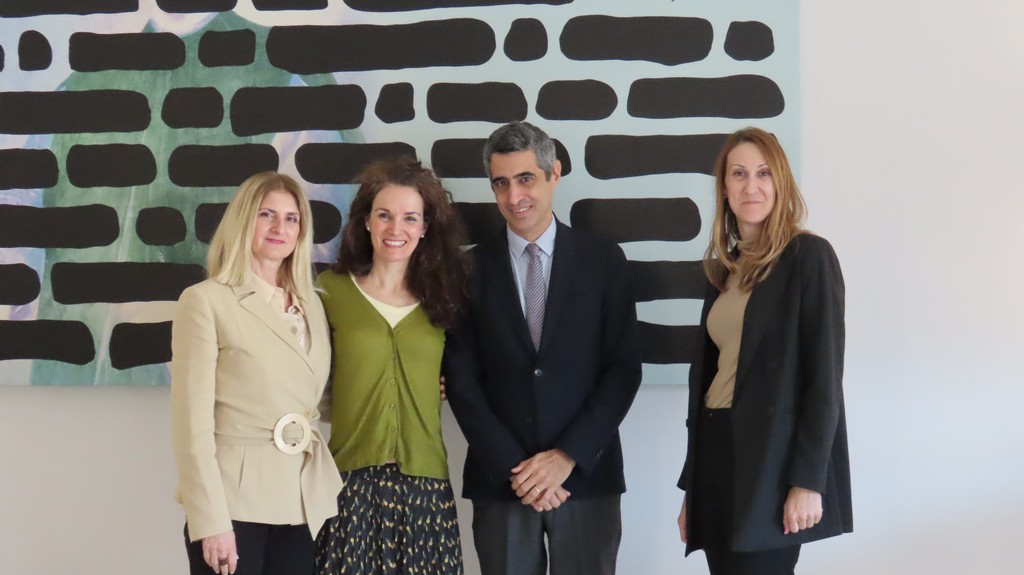The Steering committee of the School for the judiciary received at the CSM
This morning, at 11.30, at Palazzo dei Marescialli, the members of the High Council of the Judiciary received the new members of the Steering Committee of the School for the Judiciary.
The meeting was opened with greetings from the Vice President of the CSM, Fabio Pinelli, followed by those from the President of the School’s Steering Committee, Silvana Sciarra.
At the end, a session of the CSM-SSM permanent technical coordination table was held for an initial discussion between the new members of the School and the VI Council Commission on the issues of magistrate training.
European Cyberjustice Network (ECN) “Good Practices for Remote Court Hearings”
11 April 2024, 14:30 – 16:30h
The Italian School for the Judiciary SSM invites to participate in the webinar organised by the European e-Justice Network (ECN) on “Good Practices for Remote Judicial Hearings” on 11 April 2024, from 14:30 to 16:30.
Following the publication of the CEPEJ Guidelines on videoconferencing in judicial proceedings (6/2021) and Selected National Good practices, remote hearings seem to have become a solid option in the proceedings. We would like to discuss and explore with you the developments and experience with remote hearings so far. We are looking forward to sharing recent legal and technical developments and user experience, feeding into a potential update of the respective Guidelines and good practices.
Please register by 5 April at the latest to receive the access link to the webinar (Link to Registration Form)
The webinar agenda is attached.

Judicial ethics in Europe and the Arab world: a comparative overview
The seminar, organised in collaboration with the Euro-Arab Judicial Training Network (EAJTN), started today, 7 March, at the headquarters of the SSM in Naples Castel Capuano, with the participation of representatives from all the member countries of the Euro-Arab Network: France, Netherlands, Romania, Algeria, Jordan, Morocco, Belgium, Spain, United Arab Emirates, Palestine, Kuwait, Iraq, Tunisia and Italy.
Judges, prosecutors and lawyers occupy a crucial position in society; they are therefore obliged to adopt the highest ethical standards, as their function has a direct impact on public confidence and the administration of justice.
Independence, impartiality and efficiency are the defining parameters of an effective judicial system, regardless of the model of the national legal system and the tradition in which it is embedded.
Based on the international framework and relevant case law, the course aims to deepen the knowledge and understanding of professional tools and to develop reflective skills, based on practical examples, to deal with ethical dilemmas in the exercise of professional duties.
Click here for more information
The Training of Presidents of Courts, Chief Prosecutors, and Judicial Middle Management Positions in Europe
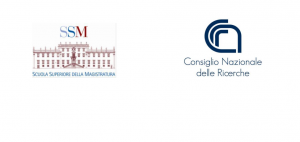
In order to improve the approach to the training of Presidents of Courts, Chief Prosecutors, and Judicial Middle Management Positions, the SSM decided to carry out, in collaboration with the Bologna branch of the Institute of Legal Informatics and Judicial Systematics of the National Research Council (CNR), a comparative study on the members and observers of the European Judicial Training Network (EJN), which brings together all the training institutions of the judiciary in the 26 countries of the European Union and the candidates for accession.
The European Judicial Training Network (EJN), within its Judicial Training Methods (JTM) group, has been undertaking specific in-depth studies dedicated to leadership profiles for a number of years, which have also led to the development of a training manual in 2019, as well as several meetings and study seminars, while a specific programme is dedicated to exchanges between heads of offices.
This is, however, a somewhat different approach from the one chosen by the SSM, as the research presented here aims to bring out the overall picture of the training paths of those who aspire to hold positions of organisational responsibility or who have been invested with such functions, rather than focusing on a few specific aspects relating to the qualities or skills that managers should theoretically have.
Alongside the variety of experiences and methodologies used, which mainly privilege participative profiles and theoretical-practical contents, what clearly emerges from this research report is the general absence of compulsory courses for all those who aspire to hold a managerial position, while the compulsory nature of training concerns those who have actually been conferred a position of managerial responsibility.
The Board of Directors of SSM
European Project 101046472 — VICTI
“The place of victims in criminal proceedings with a substantial number of victims” – (JUST-2021-JTRA)
The School of Judiciary’s participation in the project promoted by the Ecole Nationale de la Magistrature – ENM – and funded by the European Commission, aimed at training European judges, prosecutors, specialized assistants and other relevant professionals, has come to a successful conclusion.
General objective of the project: to enhance the relevance of judicial treatment towards victims in the context of extraordinary proceedings including a substantial number of victims – towards effectiveness of the minimum core of victims’ rights (2012 directive).
The project results are available in four languages – Italian, French, English and Spanish.
Here are details on the sheets:
• Seminar 1: four technical sheets on the investigation phase (1) Identifying victims; 2) Providing information to victims; 3) Management of expert witnesses; 4) Hearing victims testimony)
• Seminar 2: a vade-mecum on the organisation of extraordinary proceedings
• Seminar 3: a technical sheet on the compensation for victims
Click here for Technical sheets
Memorandum on cooperation between
the SSM and the
Training Center of Prosecutors of Ukraine
During a remote call, a Memorandum aimed at continuing and developing cooperation in the field of training was signed this morning by the President of the School, Giorgio Lattanzi, and the Director of the Training Center for Prosecutors of Ukraine, Olesia Otradnova. professional and professional development of prosecutors, considering the crucial role that the training of prosecutors plays in the perspective of strengthening the rule of law.
The action will take place through the joint preparation of annual cooperation programs, responding to the requirements defined by mutual agreement, the organization of meetings, both by videoconference and with the secondment of one or more trainers, for a short period, in order to share the best practices in training and professional development or to provide any useful advice requested.
Training, Memorandum of understanding School for the Judiciary – Ministry of Justice
As part of the “EJNIta 2.0 building bridges and New Roadmaps” project financed by the European Commission, the School for the Judiciary and the Ministry of Justice signed a Memorandum of understanding to ensure the sharing of educational and scientific initiatives useful for strengthening the culture of judicial cooperation.
On the basis of the agreement, the Ministry and the SSM undertake to share information and educational and scientific initiatives of common interest in support of judicial offices and the training of magistrates.
Click here for more information
Memorandum of Understanding SSM – CEJ
The President of the School for the Judiciary, Giorgio Lattanzi, and his counterpart from Center for Judicial Studies of the Portuguese Republic, Fernando Vaz Ventura, have signed a Memorandum of Understanding aimed at developing cooperation both in the initial and continuous training of Italian and Portuguese magistrates, and in their respective international activities.
Under the three-year agreement, the two institutions will share the objectives, methods and contents of the initial and continuing training programs and internships by hosting their respective magistrates to participate in international conferences, seminars and workshops organized or co-organised by the other part, with the possibility of carrying out activities and projects, including those involving European funding.
The use of social networks by judges:
a comparative overview
The SSM invites you to participate in the webinar
“The use of social networks by judges: a comparative look” organised by the SSM in collaboration with IOJT and EJTN.
The Webinar will be held, in English, on 19 December 2023 from 15:00 to 18:00 on the TEAMS Platform SSM
Click on the link To join the event
EJTN HANBOOK PRESENTATION
7/12/2023 – 15.00 – 16.00 Central European Time
The School for the Judiciary invites interested parties to register to attend the online event for the presentation of the Handbook on Medium- to Long-Term Evaluation of judicial training, organised by the European Judicial Training Network (EJTN).
The handbook, edited by the Judicial Training Methods Working Group and published in both English and French, aims at answering in a simple, yet practical way, the questions that must be considered to provide quality evaluation methods; it is addressed to judicial trainers and training providers.
On the 7th of December 2023, at 15:00 -16:00 CET (Brussels time) will be held the official launch of the Handbook, through an online presentation – please see event’s Agenda attached.
You are invited to register for the event via this link.
The Zoom link to join will be included in the registration message and is included as well in the event’s agenda.
You are welcome to consult the Handbook prior to the presentation, via below links:
Medium- to long-term evaluation of judicial training – ENG
Évaluation à moyen ou long terme de la formation judiciaire – FR
EJTN Trainers’ Exchange Programme
Today, 27 November, the trainers’ activity organised within the framework of the EJTN trainers’ exchange programme started at the SSM premises in Rome Fontana di Trevi.
The traineeship will last one week, during which the participants will be involved in judicial and training activities with the aim of developing knowledge of the Italian judicial training system and comparing it with other European training systems.
Main partner
THE ACTIVITIES
European Gaius Project

The QUADERNI series
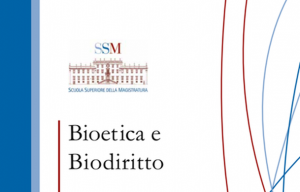
The Bulletin

E-Campus Project


